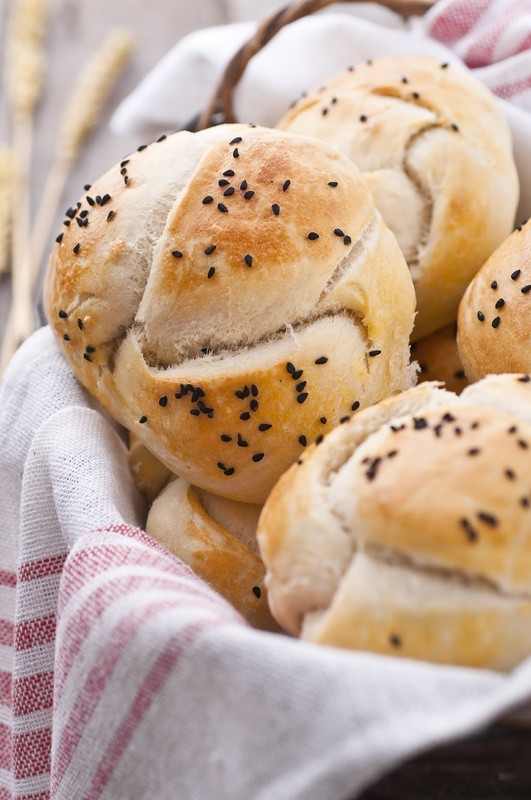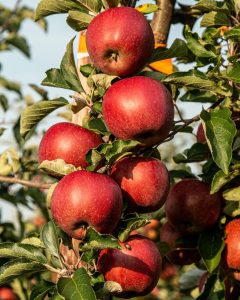Researchers from the Faculty of Sciences of the University of Porto (FCUP) are studying the microbiota of wheat. Through cereal fermentation, they hope to create a new food that can match the health benefits and flavours of the original cereal. However, in a press statement, they admitted that although wheat is a fundamental food, it is also seen as a villain, due to its ability to create intolerances and allergies within humans.
“At issue is the composition of wheat, which can be modulated by the microbiota [intestinal flora],” confirmed a spokesperson, who then went on to explain that as part of the European Wheatbiome project, researchers will focus on the microbiota to create new food.
In the first phase, the team will study the microbiota of wheat in the soil and plant to try to understand how immunogenicity [the ability to trigger an immune response in the body] and the nutritional quality of this cereal are affected.
Cited in the statement, the researcher and co-coordinator of the project, Rosa Perez-Gregório, clarifies that the expressions of proteins in a plant can depend on the crop, the variety of wheat, and where it is grown.
The same variety of wheat produced in different locations, for example, in Portugal and the Netherlands, may have different nutritional qualities and amounts of immunogenic protein. What we want to evaluate is how the microbiota and the interaction of the soil and plant microbiota can modulate this process.
Also cited in the statement, researcher Susana Soares says that after being characterised, the team can use the microbiota of the entire plant or parts of it to create a new food. Wheat is one of the most sustainable crops there is, and through this process, we believe that we can create new sustainable varieties.
In addition to sustainability, another project objective is to use the microbiota to regulate agricultural practices, passing this knowledge to farmers and other entities involved in the wheat production chain.
“If we know the best biotic and abiotic conditions that affect the microbiota and the quality of wheat, we can try to grow wheat in other European countries, thus easing our dependence on the Ukraine by fostering local and more sustainable agriculture,” researchers added. Furthermore, by-products can then be used in animal feed.
During the project, ‘in Vitro studies will be carried out to understand the best growing conditions and ideal varieties. In addition to the soil and plants, the human microbiota will also be studied. “We want to see how the bacteria inside this food interact with our body and with our microbiota,” explained researcher Rosa Perez-Gregory.
More than five million euros has been invested in the Wheatbiome project by the European Commission, which will take four years to develop.
Project partners include: REQUIMTE of FCUP and GreenUPorto, NOVA Medical School, and 13 European entities from countries such as Spain, Lithuania, The Netherlands, Poland, and Hungary are part of the project.
Samantha Gannon
info at madeira-weekly.com




